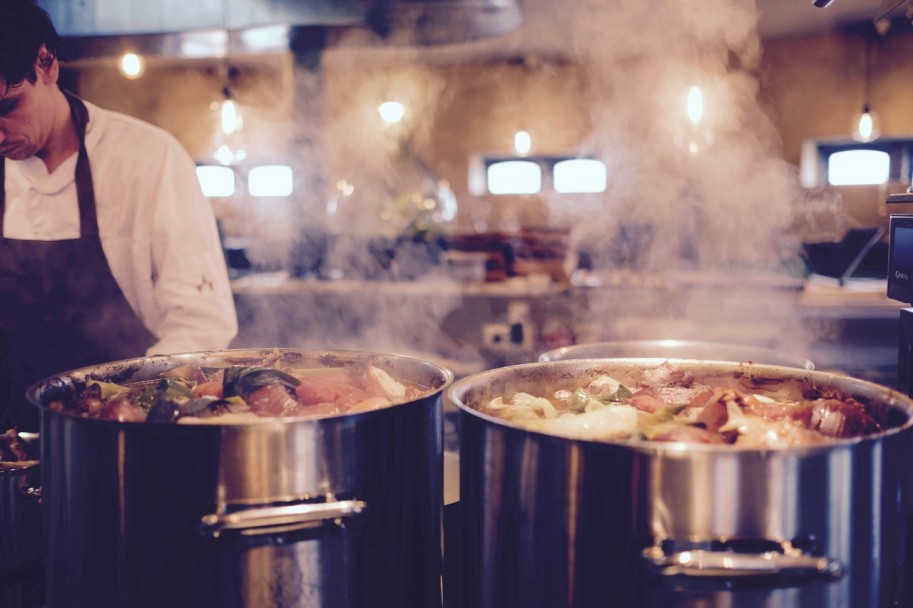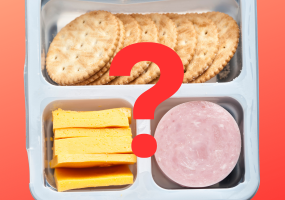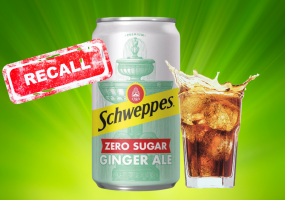
Restaurants are already facing enough challenges right now with the COVID-19 pandemic. The last thing any restaurant owner or employee wants is a fire.
Kitchen health and safety are top priorities when you work at a restaurant. There are a lot of moving parts that you have to consider. Even things that might not seem like a threat initially in a commercial kitchen can be.
For example, there are instances of seemingly simple kitchen products like cooking spray exploding and causing serious burns and injuries. So overall, what should you know if you own a restaurant or work in one when it comes to fire prevention and safety?
Exhaust Systems
There can be confusion about when cooking equipment does or does not require an exhaust system.
The answer is that it depends on the type of food being cooked, how the food is being prepared, the type of cooking appliance, and how often it's being used. If you're grilling something like burgers or cooking fries, those vapors will have a lot of grease, which means a Type 1 exhaust hood is needed. If you're baking, then a Type II hood is likely appropriate. A Type II hood is designed for non-grease removal of heat and steam.
There are exceptions to these rules if cooking equipment is listed in accordance with certain standards for reduced emissions.
The National Fire Protection Association has detailed standards that all commercial kitchens should be following to reduce the risk of not just fires but other hazards.
If you run a restaurant, you have to be aware of these requirements and standards. For example, requirements put forth in NFPA 96 provide minimum preventative and operational fire safety requirements.
These standards can apply to residential cooking standards as well as commercial operations.
Within Chapter 5 of NFPA 96, restaurant owners and operators will find hood requirements, including the construction materials and hood size requirements. These requirements are intended to prevent grease and, if there's a fire, flames from extending overhead into a restaurant.
There are also outlined requirements for exhaust duct systems in Chapter 7 of NFPA 96. This chapter instructs on clearance requirements, and requirements for openings, grease ducts and more.
Know the Biggest Hazards
By understanding some of the biggest potential hazards in a commercial kitchen, you're better prepared to avoid them.
Some of these hazards include:
- Open flames-loose hair and clothing can catch fire if they come in contact with an open flame.
- Full grease traps-these may have paper products and food in them. If more hot grease is added, they can catch fire.
- Dirtiness-a kitchen needs to be kept clean for a variety of reasons, including to prevent fires. When a kitchen is dirty, or walkways are cluttered, fires can spread quickly.
- Frayed cords-if electrical cords are frayed or equipment is faulty in any way, it becomes a fire risk.
- Improper storage-all flammable materials have to be stored away from sources of heat and open flames.
Cooking Equipment
There are often dozens of flame sources that are operating at one time in a busy commercial kitchen. The majority of cooking fires are related to cooking equipment, and as was touched on above with the cooking spray example, around 43% start because of a cooking material itself.
Electrical Complications
In any kind of fire, including not just kitchen fires in restaurants but also residential fires, electrical complications are a common cause. Combustible items can include paper products, oil, and flour, and if they're left near power sources or cords that are frayed, it can lead to fires.
General Fire Prevention Strategies
While there are different underlying causes, many commercial kitchens fires start because of employee errors or negligence.
The best thing you can do is train employees on what the risks are and how to avoid them. General fire prevention safety strategies to train employees on and to keep in mind in your policies include the following:
- Make sure employees know the importance of cleaning up grease. This includes grease on not just equipment but also walls.
- If there are ashes from wood or charcoal ovens, they should be cleaned each day. All ashes should be placed in metal containers.
- Anything that's flammable or poses a risk, including chemicals and flammable liquids, should be properly stored.
- Trash, dirty rags, and cardboard should all be taken away daily because they are also fire hazards.
- Ensure that everything in your commercial kitchen is in line with all standards. There are many different standards to incorporate including insurers, vendors, regulatory agencies, and your local fire marshal. You should also speak to your fire marshal often to make sure you're doing everything you can to prevent fires in your restaurant kitchen.
- Portable fire extinguishers should be readily available and accessible. Kitchen fires require Class K extinguishers. A Class K extinguisher is specifically for fires that come from grease and cooking oils.
- Have your electrical components regularly inspected and maintained.
- Keep all walkways uncluttered. A cluttered walkway can impede people from being able to leave if there is an emergency.
Employees need to be trained on how to properly use a fire extinguisher. They also need to know the steps to take if there is a fire, including sounding the alarm and contacting the fire department.
It's easy for employees to forget the right things to do if they're in an emergency situation, so post signs and make it as easy as possible for them to remember.
Training should also be updated often.
Finally, arrange to have professional inspections for your exhaust system. Grease can accumulate even if you clean it regularly. A regular inspection will help make sure everything is as is it should be. Once you get the inspection report, go over everything to make sure you're implementing it.
While this holiday season may look different for restaurants, they may still be busier than usual, but fire safety should remain a top priority.
* This is a contributed article and this content does not necessarily represent the views of foodworldnews.com









